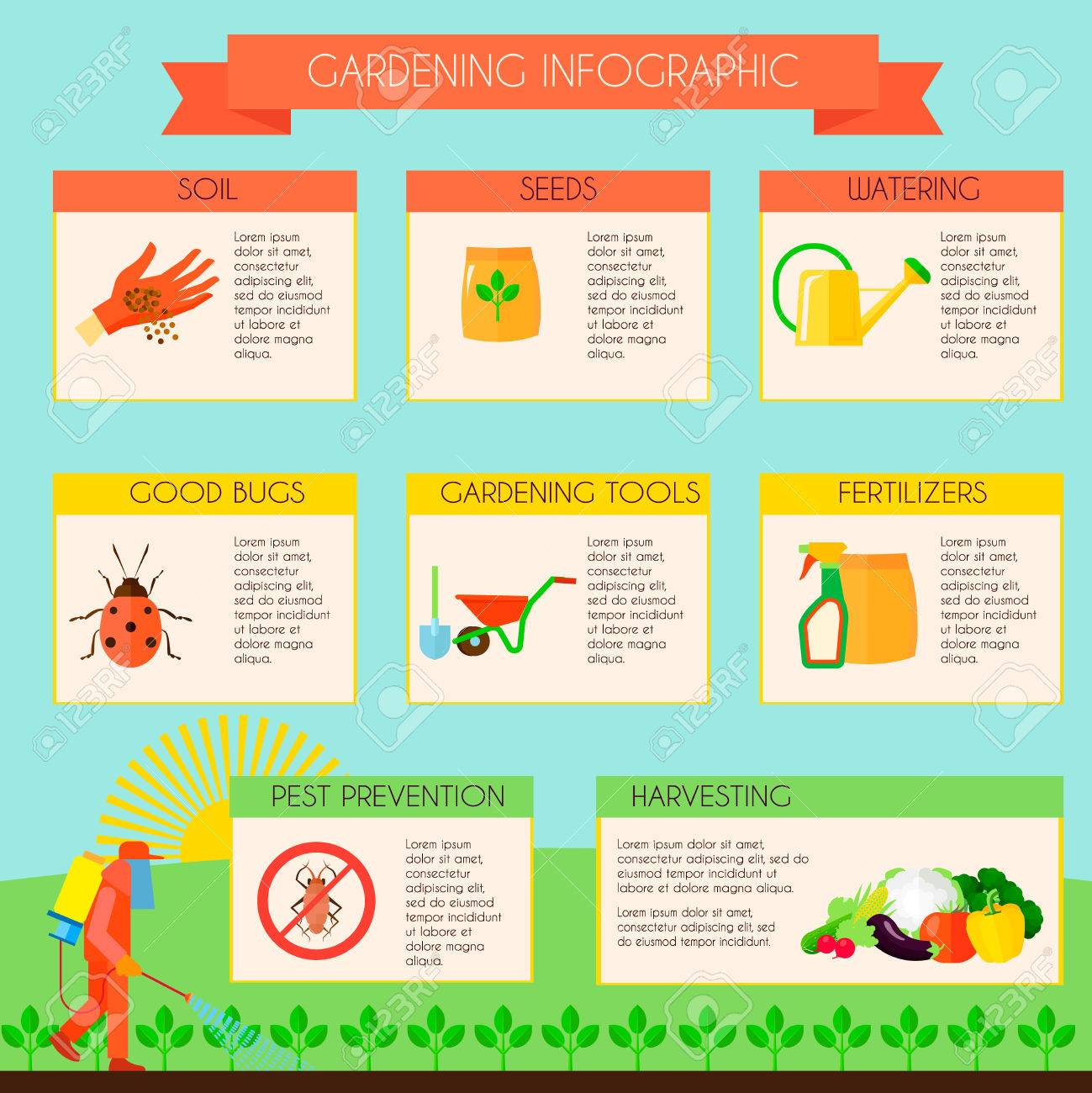Insights From Experts On Rodent Behavior For Successful Pest Control
Insights From Experts On Rodent Behavior For Successful Pest Control
Blog Article
Content Create By-Craig Odonnell
Imagine being able to prepare for the relocations of your challengers in a video game of chess, constantly staying one step ahead.
Worldwide of parasite control, comprehending rodent behavior resembles having that calculated advantage. By getting expert insights into the nesting practices, feeding patterns, and communication and social behavior of rats, you can properly combat these pesky animals.
However how exactly do rodents behave, and why is it vital to understand? In this conversation, we will certainly unwind the enigmas of rodent behavior, supplying you with useful knowledge that will certainly help you remain in advance in the battle versus parasites.
Are you prepared to uncover the secrets of these cunning creatures?
Nesting Behaviors
To comprehend rodent actions and efficiently control bugs, it is essential to gain insight right into their nesting routines.
Rodents, such as mice and rats, have a natural reaction to find sanctuary and produce nests where they really feel secure and protected. These nests work as their homes, reproducing premises, and storage areas for food. Understanding mouse click the up coming post nesting routines can help you identify potential areas of invasion and implement targeted control steps.
Rats generally favor nesting in dark, private rooms, such as attic rooms, cellars, crawl spaces, and wall surface voids. They utilize products like shredded paper, fabric, insulation, and also chewed-up electrical cords to build their nests.
Feeding Patterns
Rats show distinct feeding patterns that play a vital duty in their habits and can inform effective pest control techniques. Recognizing these patterns is important for executing effective bug control measures.
Rodents are opportunistic feeders, implying they'll take in whatever food is readily available. They've a preference for high-calorie foods such as grains, nuts, and seeds. This is why proper storage space of food and waste monitoring are vital in avoiding rodent problems.
Additionally, rats are nighttime, which implies they're most energetic throughout the night when they look for food. By recognizing their feeding patterns, you can tactically position traps and lures to optimize their efficiency.
Keeping food sources hard to reach and preserving a tidy setting can assist prevent rats and minimize the danger of problem.
Communication and Social Behavior
Understanding how rodents interact and engage socially is vital for reliable parasite control methods. Rats, like computer mice and rats, have complicated communication systems that they utilize to convey info to every various other and coordinate their tasks. Right here are 3 essential elements of rodent communication and social habits:
1. Articulations: Rats create a variety of singing noises, consisting of squeaks, tweets, and babbling, to connect with each other. These vocalizations can convey different messages, such as risk warnings or mating calls.
2. https://whatisratremoval17284.blog4youth.com/26285463/trustworthy-and-cost-effective-bug-removal-our-bug-extermination-solutions-assurance-your-protection noting: Rodents use scent glands to leave chemical signals on items and in their environment. These scent marks act as territorial boundaries and connect information concerning reproductive condition, prominence, and social affiliation.
3. Social hierarchy: Rodents have an ordered social structure, with leading people having access to sources and favored nesting sites. Understanding this pecking order is important for targeting parasite control efforts and determining crucial people for removal.
Verdict
So, there you have it - a quick look into the interesting world of rodent actions. By comprehending their nesting practices, feeding patterns, and communication, we can much better tackle the concern of pest control.
Did you know that a women mouse can produce as much as 10 clutters per year, with each clutter containing around 5-6 pups? This unbelievable statistic highlights the significance of prompt and reliable parasite monitoring to prevent rodent populations from spiraling out of control.
